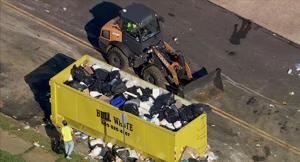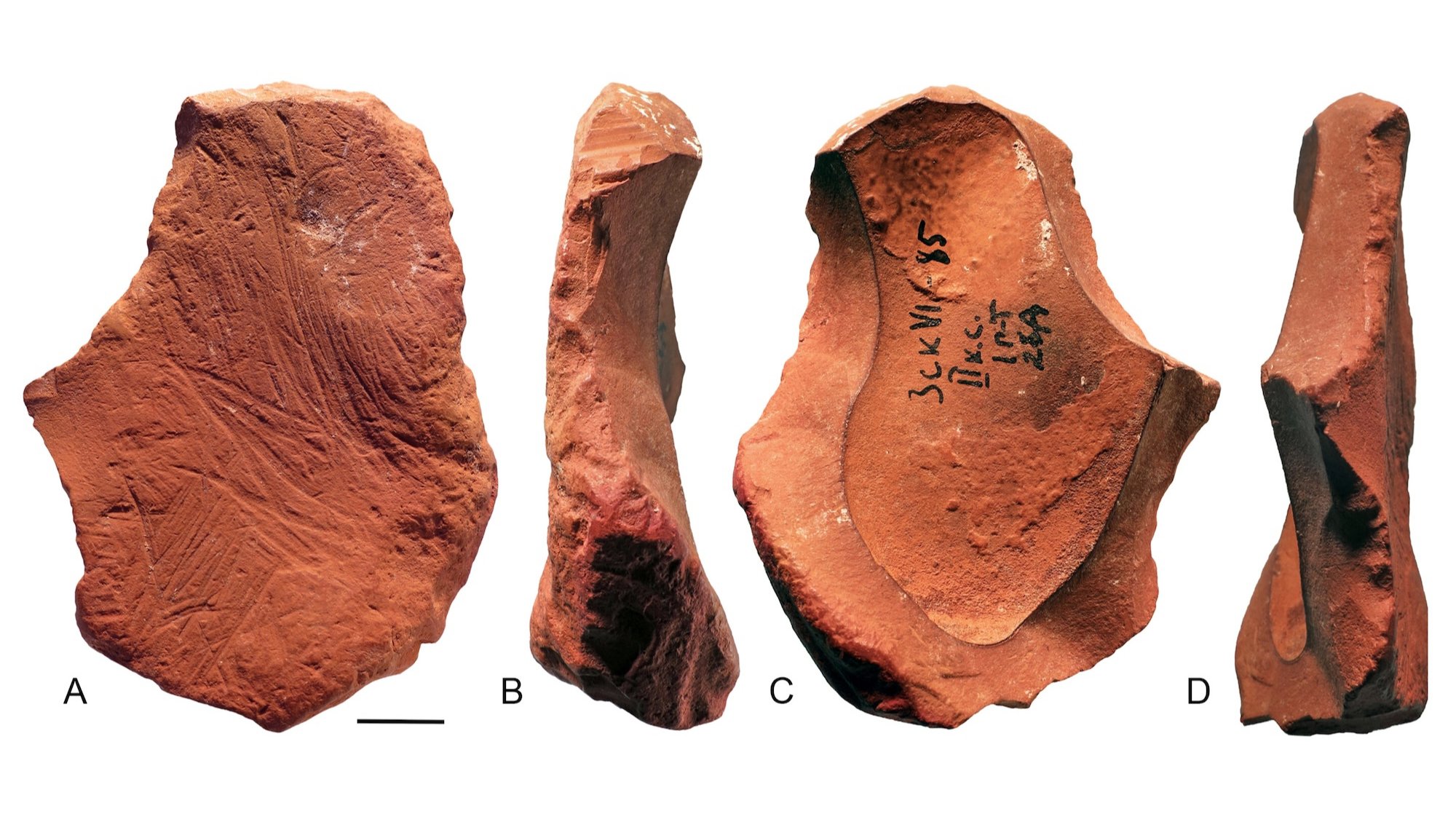Philadelphia Faces Mounting Trash Crisis Amid Ongoing Worker Strike

PHILADELPHIA — As the strike by blue-collar city workers enters its eighth day, Philadelphia finds itself grappling with a growing crisis. Piles of trash line the streets, and tensions are rising among residents and business owners. In response, some have turned to pop-up hauling services to manage the mounting waste.
The strike, which began last week, involves thousands of workers from the Philadelphia Streets Department. These workers, represented by Local 427, are demanding better wages and improved working conditions. The impasse has led to a halt in trash collection services, leaving the city to contend with an escalating sanitation issue.
Residents Turn to Alternative Solutions
With no immediate resolution in sight, residents and small business owners are taking matters into their own hands. Many are hiring pop-up hauling services to clear their neighborhoods of garbage. These services, which have sprung up in response to the crisis, offer a temporary solution but come at a cost.
“It’s frustrating,” said local resident Sarah Thompson. “We’re paying taxes for these services, yet we’re forced to pay extra to avoid living in filth.”
According to the Philadelphia Chamber of Commerce, the cost of hiring private haulers has increased by 30% since the strike began.
City Officials and Union at an Impasse
Negotiations between the city and the union have stalled, with both sides unwilling to budge on key issues. Mayor Jim Kenney has urged both parties to return to the bargaining table, emphasizing the importance of resolving the strike swiftly to restore essential services.
“We understand the workers’ demands, but we also have a responsibility to the residents of Philadelphia,” Mayor Kenney stated in a recent press conference.
The union, however, remains firm in its stance. “Our members deserve fair compensation and safe working conditions,” said Local 427 spokesperson, Mark Davis. “We are prepared to continue the strike until our demands are met.”
Impact on Public Health and Safety
The accumulation of trash poses significant health and safety risks. Experts warn that the situation could lead to an increase in rodent populations and potential outbreaks of disease. The city has issued advisories urging residents to store waste securely and to avoid illegal dumping.
Dr. Emily Carter, an environmental health specialist at Temple University, highlighted the potential long-term effects. “Prolonged exposure to waste can lead to serious health issues, particularly in densely populated areas,” she noted.
Data from the University of Pennsylvania indicates a 15% rise in reported cases of respiratory issues since the strike began.
Looking Ahead: Potential Resolutions
As the strike continues, the city is exploring various options to mitigate the impact. Temporary contracts with private waste management companies are under consideration, though such measures could prove costly and controversial.
Meanwhile, community leaders are calling for increased dialogue and collaboration between the city and the union. “This is a critical moment for Philadelphia,” said City Councilmember Maria Sanchez. “We need to find a solution that respects the needs of our workers while prioritizing public health and safety.”
The situation remains fluid, with both sides under pressure to reach an agreement. As negotiations continue, the residents of Philadelphia are left to navigate the challenges posed by the ongoing strike.






